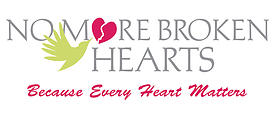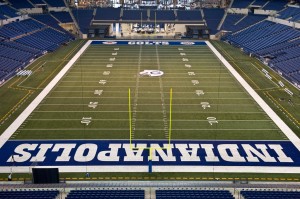While we strongly promote prevention of heart disease through screening and early detection, we also wish everyone to be educated about the symptoms that could indicate an active cardiovascular problem.
A meeting was convened in October 2012 by the American College of Cardiology’s subsection on Sports and Exercise Cardiology. The proceedings from that meeting, entitled “Protecting the Heart of the American Athlete,” were just published. Here are the highlights that deal with 5 common symptoms of heart disease in athletes.Read more



